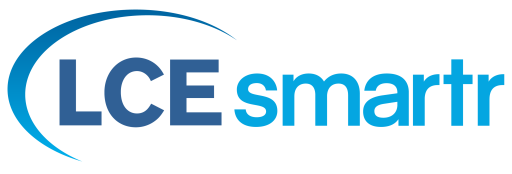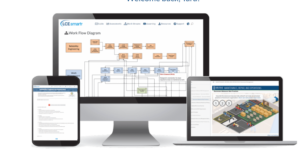The Situation
A leading aluminum rolling and recycling company wanted to create a strategic new job position in the company. The organization opted to promote current employees, training the individuals on the knowledge and skills they needed to succeed in the new position.
The company searched for an appropriate training program to prepare the employees for their new responsibilities. The training program needed to be based in practical application, led by subject matter experts (SMEs) and include real-world exercises and activities. The company spent considerable time researching training offerings, but returned with largely theoretical or academic courses that did not meet their criteria.
The Solution
The company engaged the Life Cycle Institute to design an active, practical course that would prepare employees to perform new duties with enhanced capability.
In addition to the client’s course requirements, the Life Cycle Institute wanted to design a course that would create a sense of community between the individuals taking the course. This community would become a support network as the newly promoted employees implemented new duties.
The Life Cycle Institute’s Learning Consultant (LC) met with the client sponsor and subject matter experts to initiate the Institute course design process. The Institute process included:
- Defining learning objectives
- Determining activities/exercises to reach learning objectives
- Learning Consultant-SME partnership
- Preparing modular structure
- Course design reviews
- Product delivery
The Life Cycle Institute Learning Consultant (LC) led the course design process. During the initial discussions, the Institute’s LC worked with the sponsor and client SME’s to determine what a training participant should be able to do after the training in order to be successful in the new position. From these “need to know” actions, the LC crafted measurable learning objectives.
The LC facilitated discussion between the design team on different activities and exercises that can be used to reach the cognition levels determined by the learning objective. After brainstorming different activities, an SME was assigned
to work with the Learning Consultant to gather necessary content and provide quality assurance on technical matters related to the course.
The LC structured the content and activities into a modular, participant-centered design by incorporating elements of content, participation, review and the four principles of adult learning. To ensure alignment and control the work scope, the LC coordinated milestone design reviews with the sponsors and SME. The final five-day course product was delivered and implemented.
The Business Impact
Participants in the course have given the highest possible rating for content value 80% of the time, with comments received from participants like:
“Excellent course which has broadened my horizon in RE and has given me a framework to use when implementing an RE program.”
“Great. Lots of involvement with learning materials and many activities to make learning more effective.”
“Lots of great tools shared…good examples and great way to present information that is new to people.”
Life Cycle Engineering, Inc
For More Information
843.744.7110 | info@LCE.com
















